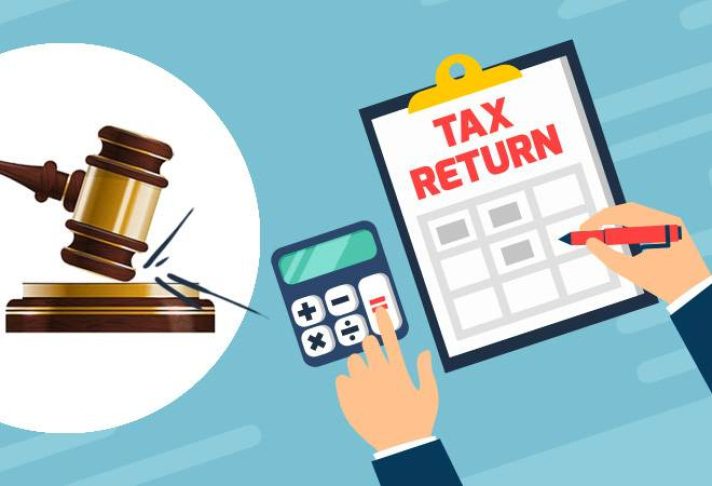With the new monetary year FY 22-23 kicking in this week, a few standards and guidelines are probably going to carry out from April 1, 2022. Personal expense on crypto resources, recording of refreshed returns, new assessment rules on EPF interest, and duty help on Covid-19 treatment are a portion of the significant changes viable from the following monetary year.
This is What will change in personal assessment rules from April 1:
Refreshed ITR recording window
The Finance Minister likewise gave relief to individuals documenting their changed Income Tax Return (ITR) from the next monetary. FM has reported that the amended expense documenting window will stay open for quite a long time from the time of evaluation in the event of less recording of assessment. The standard will be pertinent from April 1.
Beforehand, one could get a window of only 5 months from the due date of recording returns, to update the government forms.
Crypto Tax
The Union Budget 2022-23 proposed a 30% expense on digital money resources. Starting April 1, digital money acquires will be charged at 30%, which is the most noteworthy expense section, with a rate that is equivalent to lottery rewards. From Bitcoin to non-fungible tokens (NFTs), this duty rate would apply to all virtual advanced resources (VDAs) and their income. Crypto Losses can’t be utilized for Set-off against crypto gains: For instance, assuming that you make a ₹1000 gain on bitcoin and a ₹700 shortfall on Ethereum, you need to pay the charge on ₹1000 and not on your net benefit of ₹300.
State government representatives NPS Deduction
State government representatives can now guarantee a tax reduction of 14% on the National Pension System (NPS) under Section 80CCD(2) made by their manager up to 14 percent of their fundamental compensation and dearness stipend. The allowance will be like that of Central government representatives under the said area.
Charge on PF account
The Central Board of Direct Taxes (CBDT) has chosen to execute Income-charge (25th Amendment) Rule 2021 from April 1. It implies that a cap of tax-exempt commitments up to Rs 2.5 lakh is being forced on the Employee Provident Fund (EPF) account. In the event that the commitment is made over this, the interest payments will be burdened.
Shared Funds
Profits acquired from common assets or homegrown firms will be put under charge sections from now onwards. High weight of expense will be required on financial backers in higher duty sections, while less weight will be placed on those in lower charge sections.
Image Credit: Bussiness Today


